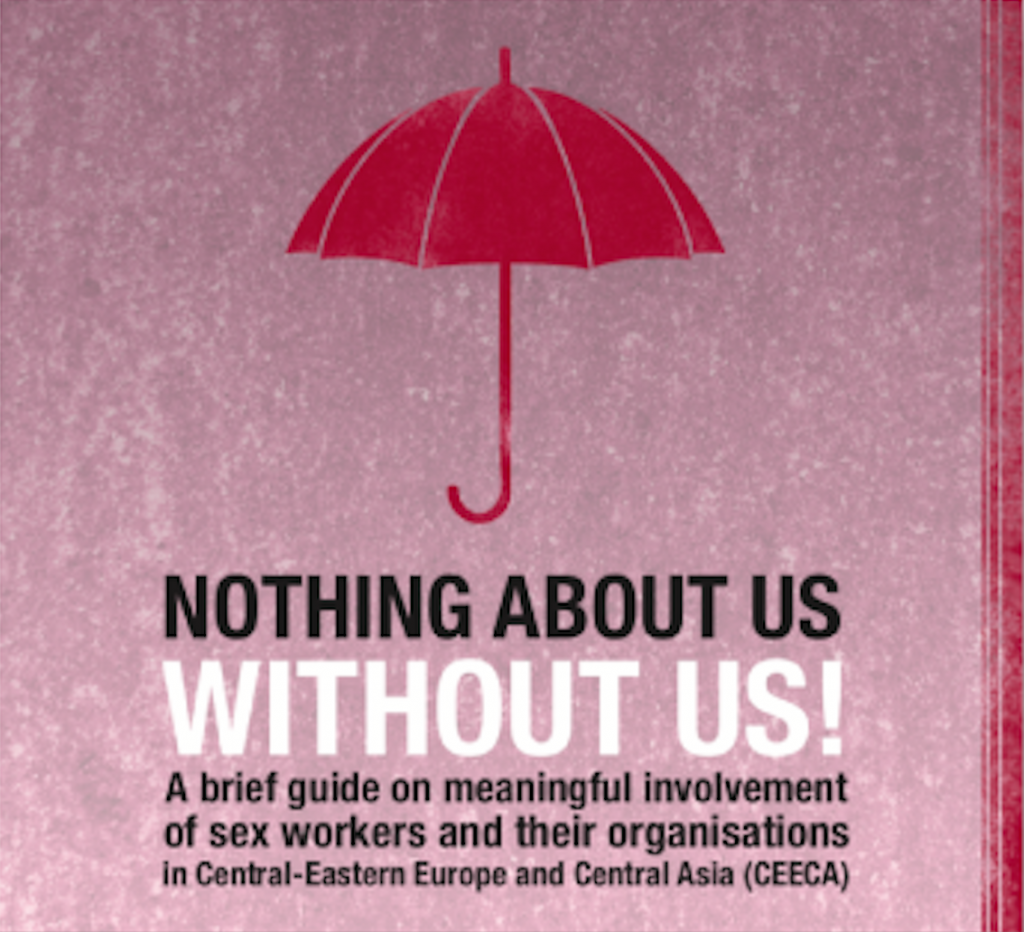The global sex worker movement has been advocating for the meaningful involvement of sex workers in the design, development, implementation, management, monitoring, and evaluation in programming, research, legislation, and policy-making for decades. In 2017, the Global Network of Sex Work Projects (NSWP) held an expert meeting with sex workers from all over the world to determine criteria for the meaningful involvement of sex workers, and to develop an evaluation framework for the Sex Worker Implementation Tool (SWIT).
The SWIT tool offers practical guidance on effective HIV and STI programming for sex workers and was developed by the World Health Organisation (WHO), United Nations Population Fund (UNFPA), Joint United Nations Programme on HIV/AIDS (UNAIDS), Global Network of Sex Work Projects (NSWP), The World Bank, and United Nations Development Programme (UNDP). The NSWP meeting resulted in a checklist and a briefing note for organisations to self-assess whether they meaningfully involve sex workers, and for sex worker-led organisations to assess whether they are meaningfully involved.
This brief guide builds on the recommendations formulated by the global sex worker movement and aims to provide law and policy makers, researchers, and civil society stakeholders in Central-Eastern Europe and Central Asia (CEECA) with practical advice on how to meaningfully involve sex workers in three areas, namely policymaking, research, and civil society advocacy and programming.The document also illustrates the exclusion mechanisms that sex worker groups currently face in CEECA and describes examples of positive and negative experiences of cooperation in local and international contexts. Finally, it summarises the recommendations of the members of Sex Workers’ Rights Advocacy Network (SWAN) for law and policy makers, researchers, and civil society representatives.
The paper is available in English and Russian
In addition to this brief guide, SWAN shares a poster highlighting Do’s and Dont’s of sex worker involvement.
